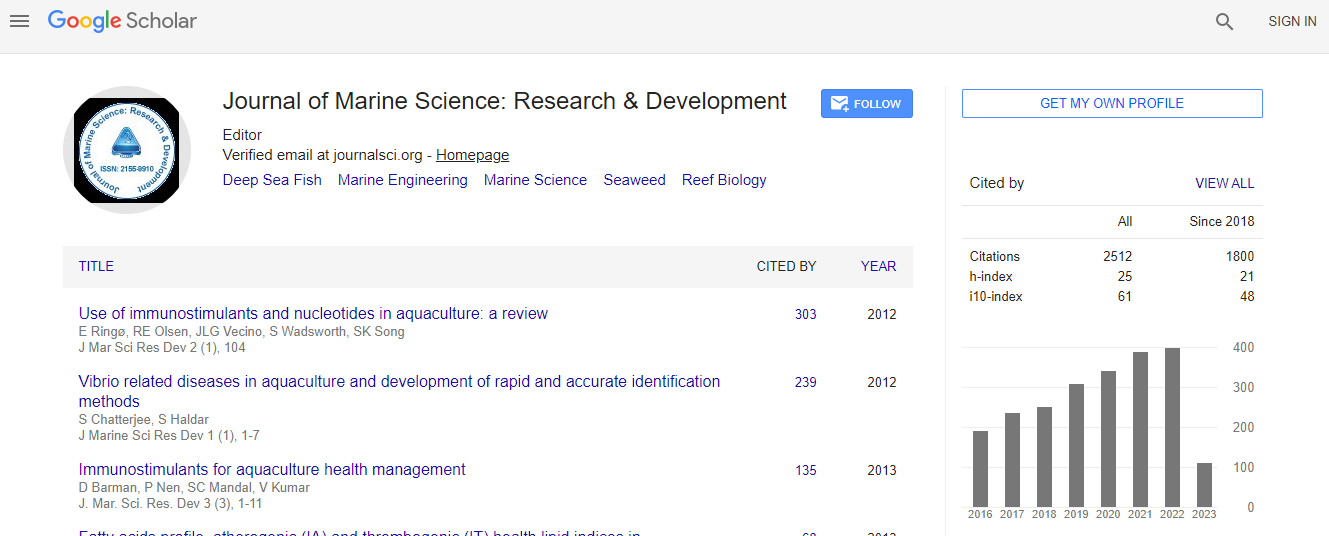Commentary
Sex-Gender-Conflicts in Aquatic Hermaphrodites: are Genes Immortal?
Ulrich Kutschera*
Institute of Biology, University of Kassel, D-34132 Kassel, Germany
- *Corresponding Author:
- Ulrich Kutschera
Institute of Biology, University of Kassel
D-34132 Kassel, Germany
Tel: 49-561-804-4467
E-mail: kut@uni-kassel.de
Received date: February 27, 2017; Accepted date: April 11, 2017; Published date: April 18, 2017
Citation: Kutschera U (2017) Sex-Gender-Conflicts in Aquatic Hermaphrodites: are Genes Immortal? J Marine Sci Res Dev 7:225. doi: 10.4172/2155-9910.1000225
Copyright: © 2017 Kutschera U. This is an open-access article distributed under the terms of the Creative Commons Attribution License, which permits unrestricted use, distribution, and reproduction in any medium, provided the original author and source are credited.
Abstract
When the first edition of Richard Dawkin’s book The Selfish Gene was published (1976), the view that “altruistic behaviour” in animal populations is a common phenomenon was widely accepted. Dawkins questioned this interpretation and proposed his concept of the selfish (i.e., immortal) gene, which explains a number of phenomena, such as the evolution of anisogamy, or the roles of males vs. females during sexual reproduction in gonochorists (birds, mammals). In this 40th-2016-anniversary-analysis of Dawkins book I argue, based on observations on populations of “egoistic”, (hermaphroditic) freshwater leeches of the genus Erpobdella characterized by intraspecific cocoon cannibalism, that his theoretical deductions were basically correct. In addition, sex-gender-conflicts in leeches are discussed with reference to the avoidance of the female role in populations of these hermaphrodites. The idea of the “immortal (i.e., selfish) gene” is attributed to the 19th-century-work of the German zoologist August Weismann, and the “Post-Dawkinsian” concept of intragenomic conflicts is addressed.

 Spanish
Spanish  Chinese
Chinese  Russian
Russian  German
German  French
French  Japanese
Japanese  Portuguese
Portuguese  Hindi
Hindi 